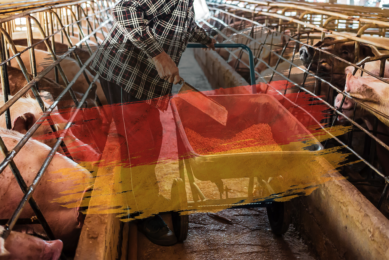Argentina and Bunge in tax conflict
Argentina’s tax agency, Afip, said it will appeal a judicial ruling that ordered the government to reinstate the local subsidiary of Bunge Limited on a key grain registry.
The case is part of a simmering conflict between the administration of President Cristina Kirchner and grain exporters over taxes.
Soy and corn products were largely responsible for Argentina’s $11.6 billion trade surplus last year, while taxes on farm exports account for a significant percentage of the federal government’s revenue.
Last week, a federal appeals court in Cordoba Province upheld a ruling that ordered the government to reinstate Bunge Argentina because Afip’s decision to expel the firm from the registry was arbitrary and violated existing laws and regulations.
Tax evasions
Bunge Argentina was taken from the registry because it was accused of triangulating grain trades through other countries to evade hundreds of millions of dollars in taxes.
The action was part of part of a broad crackdown against grain exporters who the government has accused of dodging taxes. Grain companies have denied the charges and vowed to fight the sanctions levied by the government.
While exclusion from the grain registry doesn’t prevent a company from exporting, it does cause the income tax withheld on domestic grain trades to rise to 15% from 2% as well as the withholding of a 10.5% sales tax. The affected firms also face additional red tape to obtain domestic shipping permits.
The court noted in its ruling that participation in the grain registry is the only way grain companies can compete on a level playing field.
Last year, Bunge issued a blunt statement saying the government had pressured grain exporters to make advanced income tax payments for 2011 or face "serious problems for the companies and their directors."











